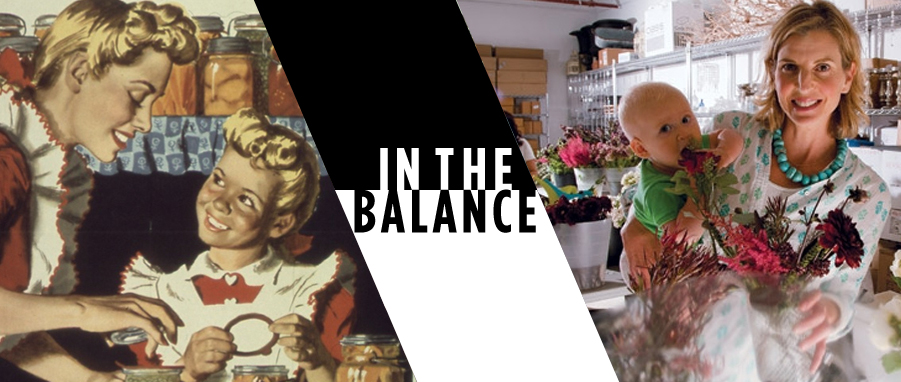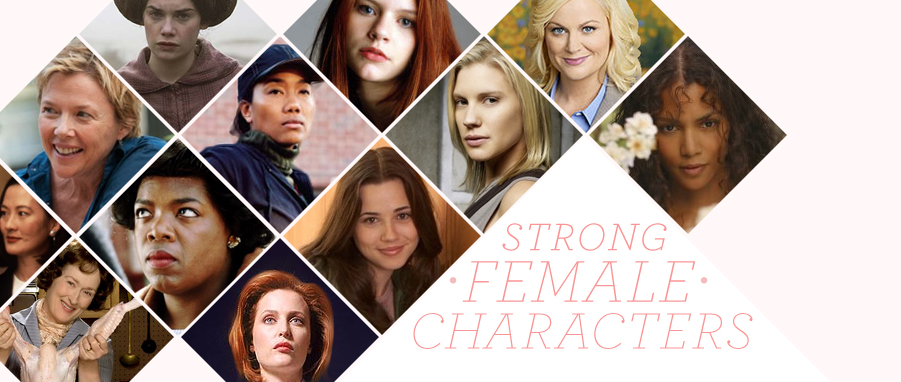Sibyl,
I have spent a significant amount of time pursuing one career direction, and now I am unsure if that is the right way for me. This is not unusual, but I am unsure how to decide on a new direction. Early 30's still feels too old to just try out some other career paths. I have worked in religious institutions or social services or both or 5 years. Now I would like to try something more creative . . . yet I am unsure where to go or what to do. How do I explore options while still affording to live? What can I do to both explore and survive?
Sincerely,
Ummm
Dear Ummm,
I am so glad you brought this up. True confession time: Sibyl has no idea what the heck she is doing with her life. Like you, I have invested a considerable amount of time, energy, and debt in following a life in the "helping professions", only to find that it is an unsustainable way for me to live. So, I am striking out into the world with writing and other creative pursuits, terrified at the outcome but totally sure that it is what I need to do, anyway.
I have learned some things along the way, which I will now share with you, dearest Um.
1. A life of service will suck you dry and spit you out when you have nothing left.
My father was social worker, and when he would get home every day, I would ask, "How was your day?" His one word response was invariably, "Crazy." Whenever I pressed him for more answers, he just said, "It's a thankless job." And that, my friend, was that.
Despite this harrowing harbinger of the life to come, I idolized my father and followed his footsteps, pursuing a life of helping others. It just seemed like the right thing to do. In college and graduate school, I heard a lot about the way the work feeds you from within, and how your thanks is in the process of helping others. This was enough for me, in my twenties. I worked my ass off at low-paying jobs, and did indeed find the work rewarding.
However, I realized that although I enjoyed this kind of work, I had some life goals I wanted to complete, namely, having a family. So, I set out to get knocked up and have a child. This is when I found that having a job that pays you very little to take care of other people's emotional needs does not work well with being a parent, which consists of being paid absolutely nothing to take care of another person’s EVERYTHING. Like you, I realized I needed to create or I would be left with nothing. Art poured out of me like my desire to "save the world" once did. But for whatever money work in social services provided, art provides even less. What to do?
2. Make a list of all your creative interests, no matter how foolish.
Let yourself really dream here. Do you want write, paint, be a film critic, cook, front a band, report the weather? Be ridiculous. Write, "I just want to be Vincent Gallo." Okay! Now we're talking. Look over your list. Where do you find the MOST energy? It is important to tell your inner critic to go take a nap when you do this. Instead of listening to that nagging voice that says "You'll never make a living that way!", listen to the one that tells you that what the world needs is more people doing what they love, what makes them truly come alive.
There are tons of practical exercises like this in the book The Artist's Way, by Julia Cameron. I suggest you pick up a copy and start the twelve week program she outlines, as soon as possible. It's a great way to start your explorations while still living your day-to-day life.
3. Get water from a stone.
Have you decided on what creative path you're most interested in exploring? If you chose filmmaking, you don't need to know what you want to make films about, you just need to start researching film schools, and go from there. Look up unpaid internships (I know, I know) at your favorite magazine and write for them in the time you used to spend watching sitcoms. Volunteer at your local artist collective and talk to people who actually do make a living as art-makers. The way they’ve pieced together their lives could surprise you. For instance, it may make a lot of sense to combine your helping profession efforts with art-making -- they could inform each other in beautiful ways.
Again, tell your inner critic to take a vacation while you're researching artist residencies in Maine. Or, better yet, sit that critic down, and say, "You're RIGHT. I'm never going to save for retirement and buy a house if I follow my creative goals now. But giving everything I have to others has not made me millionaire either. So guess what? I'm going to do what makes me happy. And when I'm drowning in debt, you can say, 'I told you so', and I can go make a masterpiece on my canvas. You're right, but I win."
Here's what you need to do, Ummm. Figure out the very least that you can live on. One fancy coffee per week instead of five? Awesome. Brown bagging it every day instead of eating from food carts with your friends? Excellent. Turning on the heat in only the direst of snow storms? Pull up that blanket! I know that you've probably been living a life of almost-poverty taking care of others for so long. But believe me, this is different.
Investing your time and efforts in art-making actually is enriching, in the way that all our professors told us that lives of service would be. Okay, so you don't have a living room that could be featured in Ladies' Home Journal, and you can't go on vacation and post a picture of your feet with a fancy drink by the ocean on Facebook, but guess what? You get to be you, and you get to be awesome.
You will always be that interesting person at a party who is not just talking about what milestone your baby has reached, but has a new project or idea you're working on that you want feedback from your friends about. You'll always have something to do on a Friday night, because you'll be in your studio. So, you don't have all the material bullshit and security our culture seems to uphold so much, but look how that's working out for those folks? Rich, secure, and absolutely terrified of losing that wealth and perceived security. Be bold, risk big, and yes, get mad about the fact that art-making doesn't pay actual dollars. Do it anyway.
3. Don't go it alone.
So, you've spent all this time taking care of other people, and you're ready to follow your own dreams for once. Guess what? All of that time you spent caring for others spiritually and physically was not wasted. It was all a part of your creation as a soon-to-be artist. You not only became a person of substance, who actually has something to create art about, but you stored up a ridiculous amount of good karma.
Being there for others means that they are now going to be there for you. They'll say, "That Ummm, what a good guy, he came to the hospital when my dad was sick, and now he's striking out as an artist and needs a leg up, why don't I buy one of his pieces, or, at the very least, invite him over for Sunday dinner." You've got to find your people, and chance are, you already have, since you've devoted your life to loving humans. Lean on them now. Let them take care of you in the ways you've been taking care of them. Help comes from the most unexpected places. Reach out, and see the lovely (and materialistically helpful) ways your community responds.
It will not be magical, it will happen because of all the work you have already put in. Everything is not going to mysteriously go your way once you set your mind to what you want to do, don’t buy that bull. However, it will flow back to you proportionally to what effort you put forth. You want to explore? Really excavate! Don’t hold back. You get out of the creative life what you put into it. Stop ummming and start risking, give up the fallacy of security, and be who you are, big time.
When we are older, all of this will make sense to us, and we will say, “Oh! I should have started this or that sooner.” But it will be too late. Right now, contrary to what you are being told, is not too late, because it is all we have. Dive in right this second. I can’t wait to see what you come up with.
In solidarity,
Sibyl



















